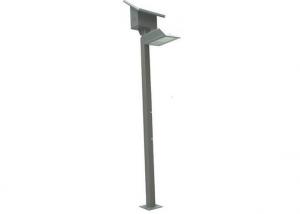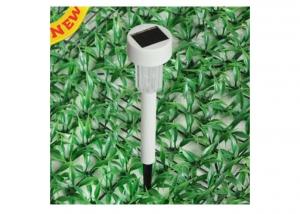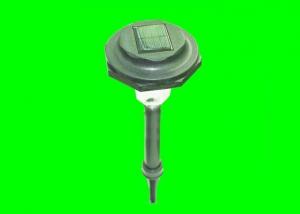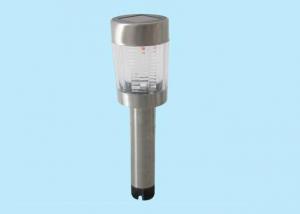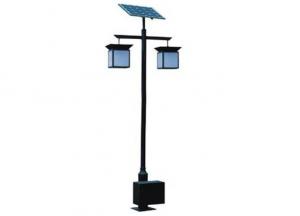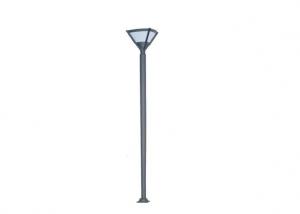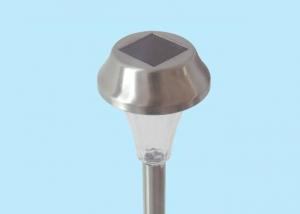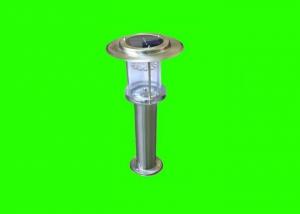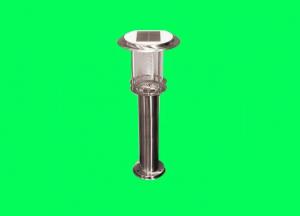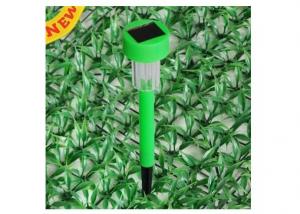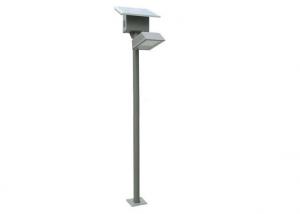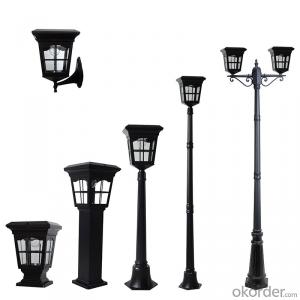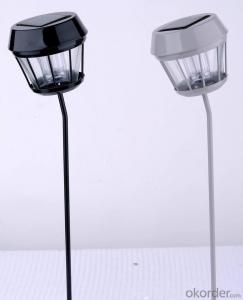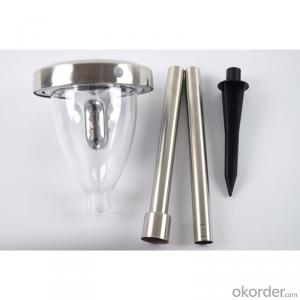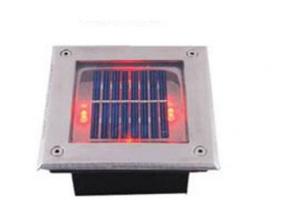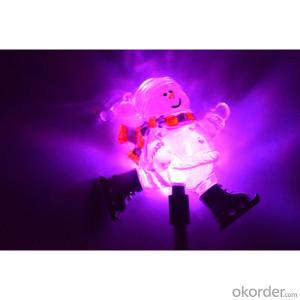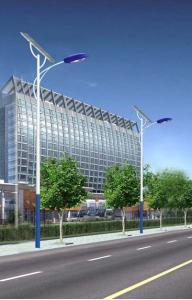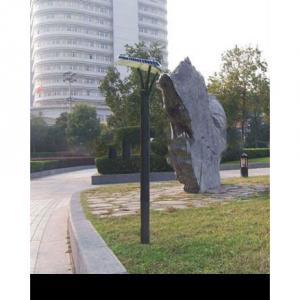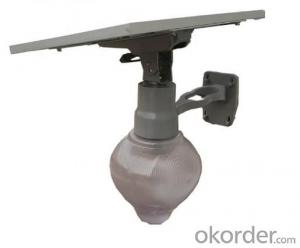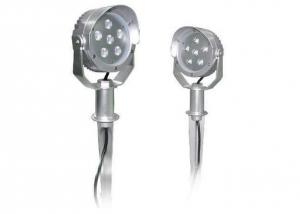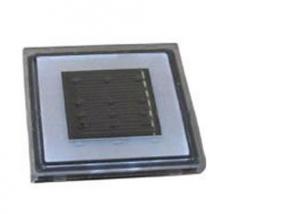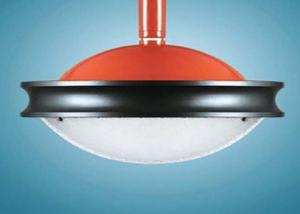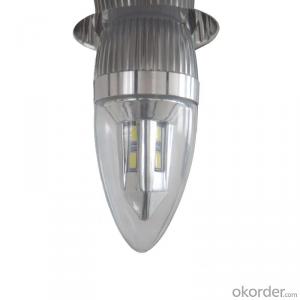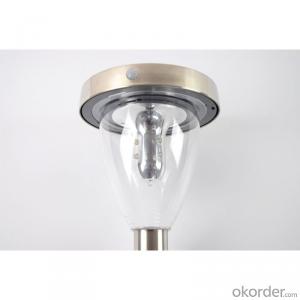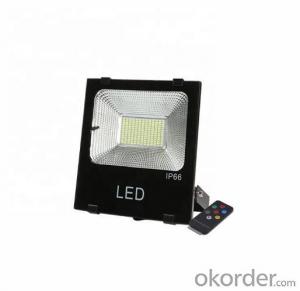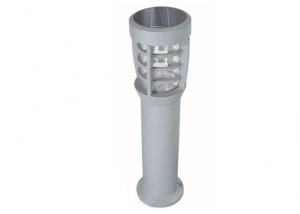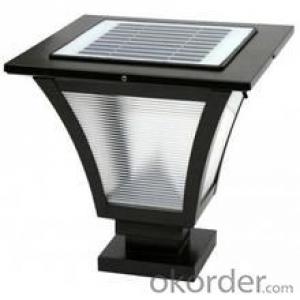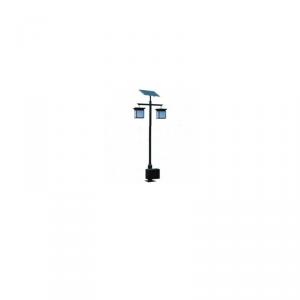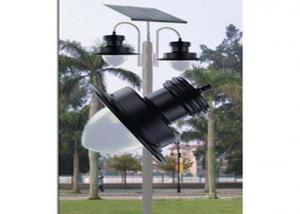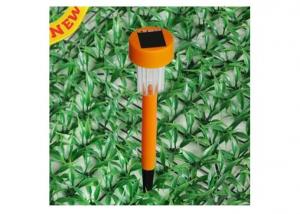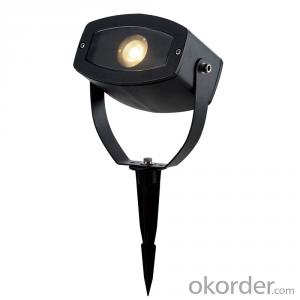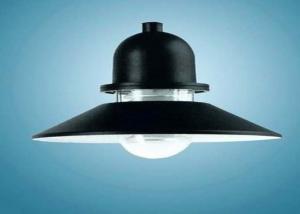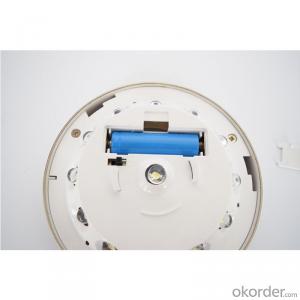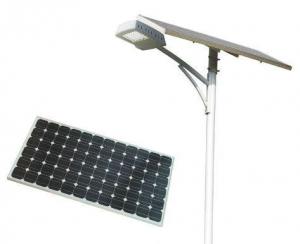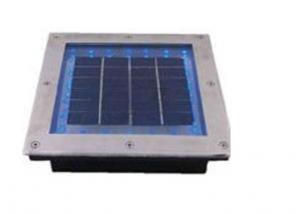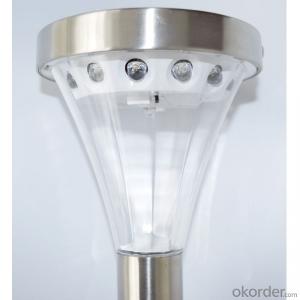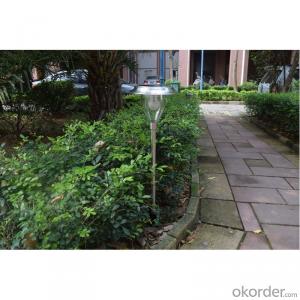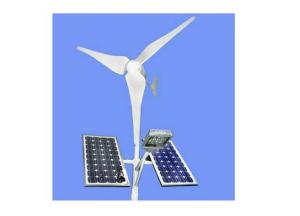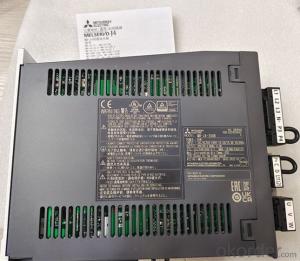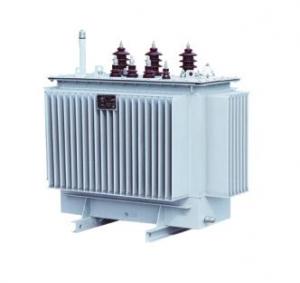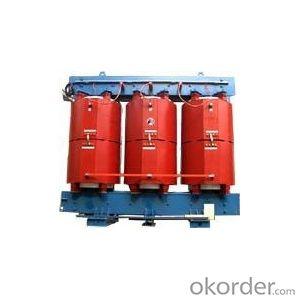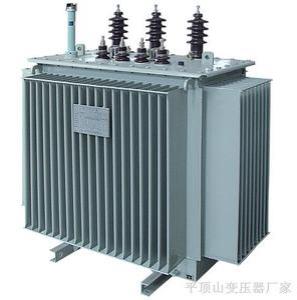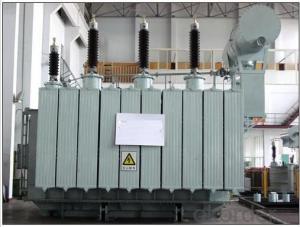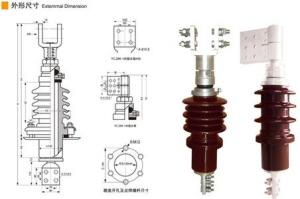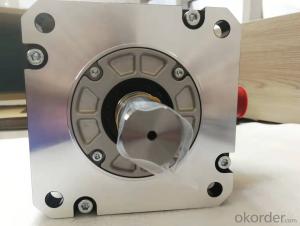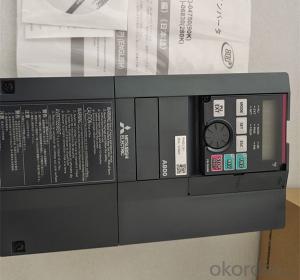Solar Garden Lights
Solar Garden Lights Related Searches
Solar Garden Light Bulbs Garden Solar Wall Lights Garden Wall Solar Lights Garden Solar Spot Lights Solar Spot Lights Garden Garden Post Solar Lights Next Solar Garden Lights Solar Ball Lights Garden Led Garden Lighting Lights For Indoor Garden Electric Garden Lanterns Solar Panel Decking Lights Led Outside Lights Solar Led Indoor Garden Lights Wireless Garden Lighting Hanging Solar Lights For Trees Solar Light Bulb Outdoor Electric Garden Post Lights Solar Edge Inverter Lights Small Led Outdoor Lights Decorative Solar Lantern Outdoor Lights For Trees Solar Edge Inverter Led Lights Solar Light Module Outside Lights For Trees Grow Light Indoor Garden Led Lights For Seedlings Outside Lights For Patio City Power Street Lights Outdoor Lighting SystemsSolar Garden Lights Supplier & Manufacturer from China
Solar Garden Lights are a range of eco-friendly lighting solutions that harness the power of the sun to provide illumination for outdoor spaces. These lights are designed to be both energy-efficient and aesthetically pleasing, making them an ideal choice for enhancing the ambiance of gardens, pathways, and other outdoor areas. The incorporation of solar technology ensures that these lights are environmentally friendly and cost-effective, as they do not require a constant supply of electricity to function.Solar Garden Lights are versatile and can be used in a variety of settings, from residential gardens to commercial landscapes. They are perfect for illuminating pathways, highlighting architectural features, and creating a warm and inviting atmosphere in outdoor spaces. The ease of installation and low maintenance requirements make these lights an attractive option for homeowners and businesses alike. With their ability to automatically switch on at dusk and off at dawn, Solar Garden Lights provide a convenient and hassle-free lighting solution for outdoor areas.
Okorder.com is a leading wholesale supplier of Solar Garden Lights, offering a vast inventory of high-quality products to cater to the needs of customers worldwide. With a commitment to providing exceptional customer service and competitive pricing, Okorder.com ensures that customers can access a wide range of Solar Garden Lights at affordable rates. By partnering with reputable manufacturers, Okorder.com guarantees that the Solar Garden Lights they supply meet the highest standards of quality and performance, making them a reliable choice for those looking to enhance their outdoor spaces with sustainable lighting solutions.
Hot Products
